Republican scientific and practical online conference with international participation - "NEW MODEL OF HS GRADUATE - EXPANSION OF THE EDUCATIONAL PROGRAM. ORPHANIC DISEASES IN THE PRACTICE OF A PRIMARY HEALTH CARE SPECIALIST"dedicated to the 30th anniversary of Kazakhstan's independenc
Views: 2182
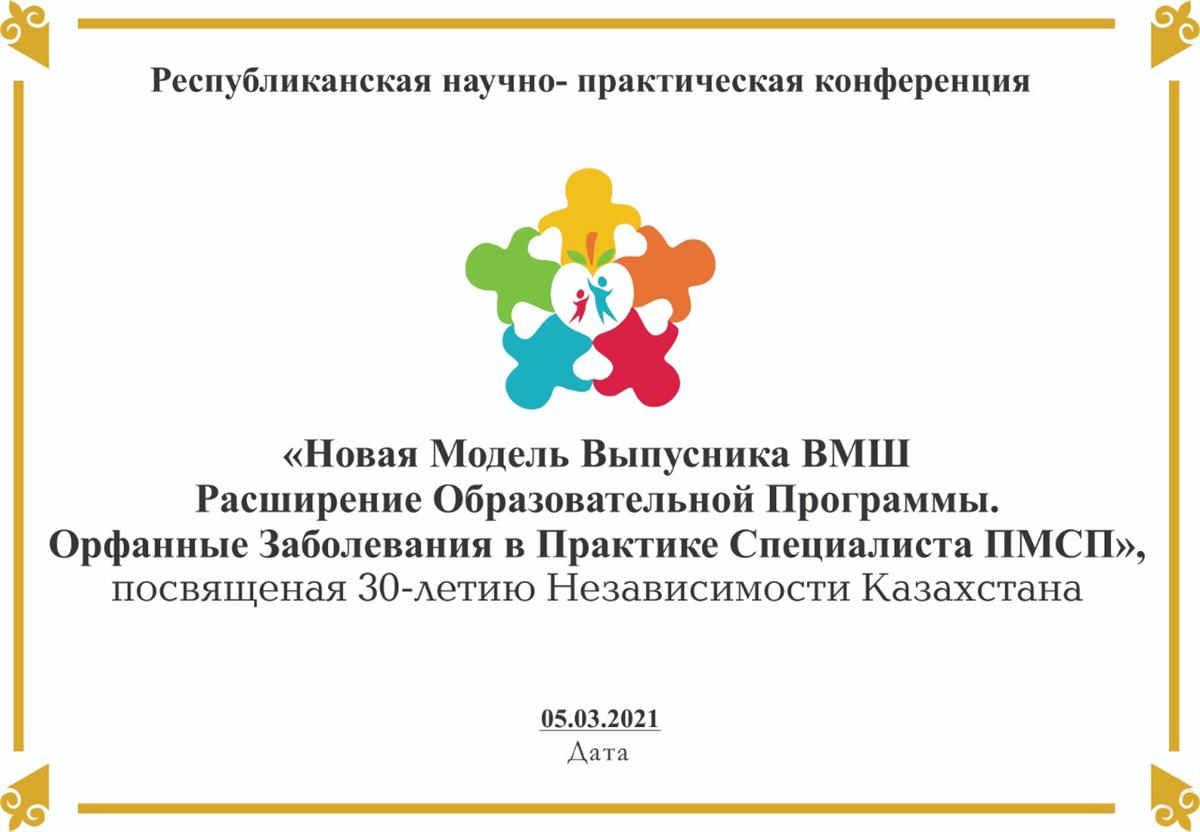
On March 5, 2021, the Higher School of Medicine FM and H al-Farabi KazNU HM together with the Kazakh Scientific Research Institute of Oncology and Radiology of the Ministry of Health of the Republic of Kazakhstan and the Scientific Center of Pediatrics and Pediatric Surgery of the Ministry of Health of the Republic of Kazakhstan held the Republican scientific and practical online conference with international participation - "NEW MODEL OF HS GRADUATE - EXPANSION OF THE EDUCATIONAL PROGRAM. ORPHANIC DISEASES IN THE PRACTICE OF A PRIMARY HEALTH CARE SPECIALIST"dedicated to the 30th anniversary of Kazakhstan's independence.
Outstanding geneticists, scientists of Kazakhstan, primary care physicians, doctors, child psychiatrists, interns from al-Farabi KazNU participated with very interesting reports on rare pathologies such as: hereditary metabolic diseases, Gaucher disease, mucopolysaccharidosis, autistic masks of orphan diseases, alveolar proteinosis, Louis-Barr syndrome, IgG4-associated disease, C1 inhibitor deficiency, tuberculous sclerosis in children, Wilson-Konovalov disease and others.
Guest speaker from Russia - Mikhailova Svetlana Vitalievna, Doctor of Medical Sciences, Head of the Department of Medical Genetics of the Russian Children's Clinical Hospital of the Pirogov Russian National Research Medical University made a report about hereditary neurometabolic diseases in children and noted that a lot has been done in Kazakhstan for patients with orphan diseases, and one of the achievements is a roadmap.
At the end of the meeting, a resolution was made, one of the points of which is to strengthen the connection between education at a medical university (at all levels of training) with clinical practice, creating an algorithm for accompanying a child with a rare disease throughout his life, expanding the network of medical genetic laboratories in the Republic of Kazakhstan and others.
An important informal part of the conference was the opportunity for communication and discussion of doctors of various specialties. The significance of such meetings is obvious. Next year, in March, the Higher School of Medicine al-Farabi KazNU plans to hold the next conference of this scale. We welcome all who wish to participate.
We would like to thank all participants for the wonderful reports, interesting discussion and great experience!
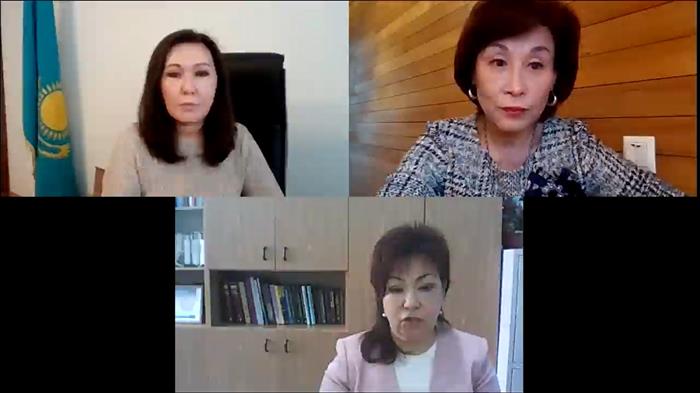 |
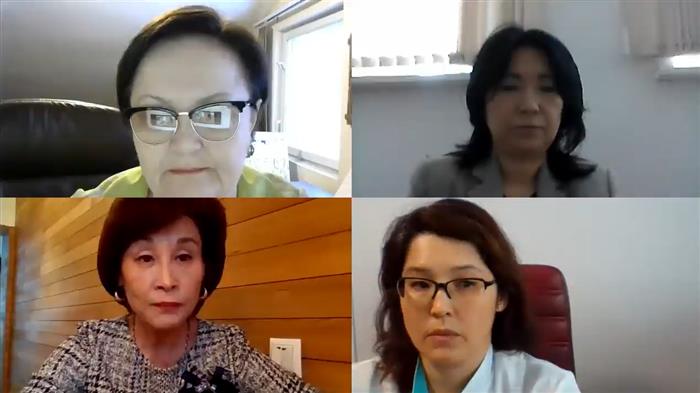 |
 |
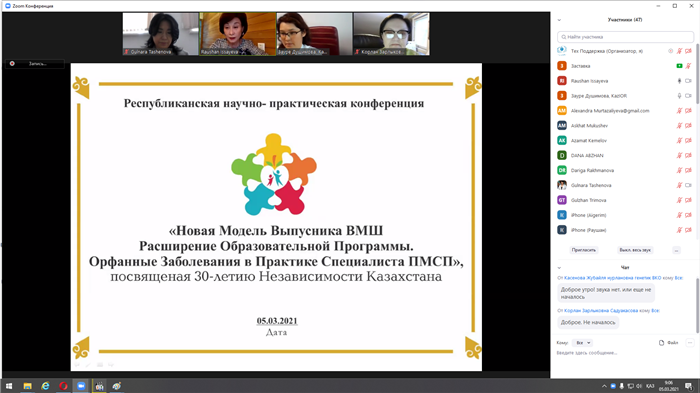 |
 |
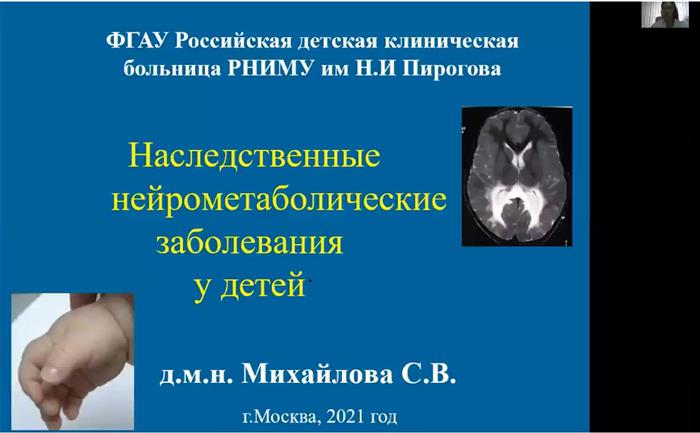 |








